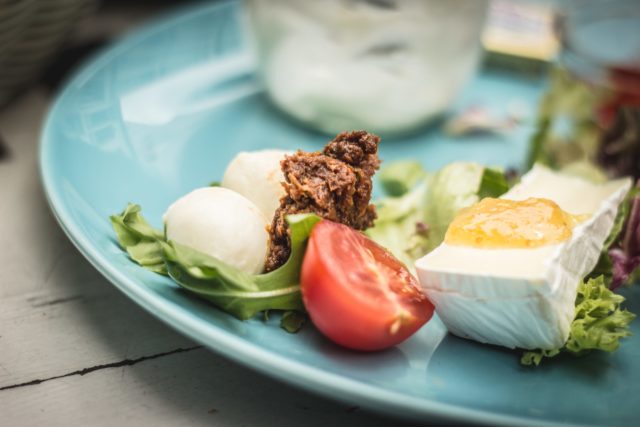When you are in ketosis, your body burns fat and uses it for energy in an efficient manner. This process makes the keto diet an ideal choice for those who are looking for an easy way of losing weight. However, if you are following this diet and are not losing weight, chances are that you are not in ketosis. Given below are some common reasons for not losing weight on the ketogenic diet.
1. Not Reaching Ketosis
Typically, most keto dieters don’t lose weight because they don’t achieve ketosis. And the reason that they don’t achieve ketosis is that they don’t reduce their carb intake. According to experts, your carb intake should be only 5 to 10% of your caloric intake.
Most keto diets require dieters to reduce at least 20 grams of carbs per day. And that’s why they may not be able to burn fat. You can buy a home testing kit and use the test strips to find out if your urine contains ketones. If the test result is positive, you are in ketosis.
2. Consuming a Lot of Protein
Most low-carb diets do allow some amount of protein. If you think a keto diet refers to a high protein, low-carb diet, you need to think again. The thing is that this type of diet may not help you reach ketosis as your body can’t break down the excessive amount of protein to get amino acids, and then convert the amino acids into sugar.
When on a keto diet, you get your calories from fat. And fat should be at least 55% of your caloric intake.
3. Eating a Lot of Acceptable Carbs
You can have some types of carbs when on the keto diet, such as dairy and nuts. Typically, these foods are rich in fat and nutrients. Therefore, they can be an ideal addition to your diet. But the problem is that they have carbs in them.
Therefore, it’s not a good idea to have a lot of these foods. Ignoring this advice will prevent you from maintaining ketosis.
4. Eating Maltitol
Usually, sugar alcohols are fine for keto dieters. They offer sweetness but don’t increase the number of carbs in your body. But it’s important to keep in mind that some types of alcohols do contain carbs.
For instance, maltitol is a type that is not allowed on this low-carb diet. Technically, it’s low GI sugar but has an impact on your blood sugar levels. Therefore, it may prevent you from achieving ketosis.
5. Taking Too Many Calories
If you eat more calories than you burn, you won’t be able to shed those extra pounds. In fact, if you consume a lot of calories, you may gain fat even if you have achieved ketosis.
Foods that contain a lot of fat have more calories compared to foods that are rich in proteins and carbs. Therefore, it’s important that you monitor the calories you consume on a daily basis. If you stick to a balanced diet, you may achieve your goals.
So, these are a few reasons you may not be able to lose weight on your keto diet.




